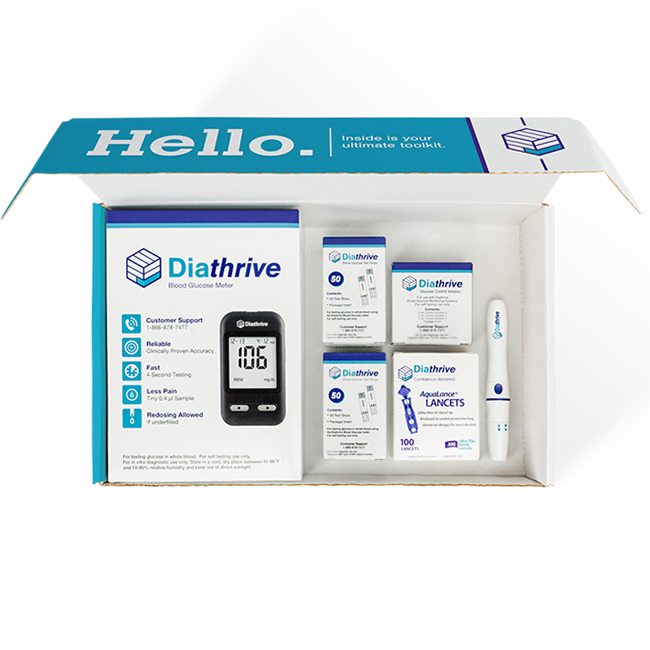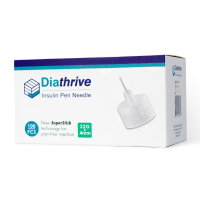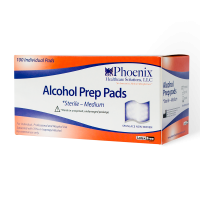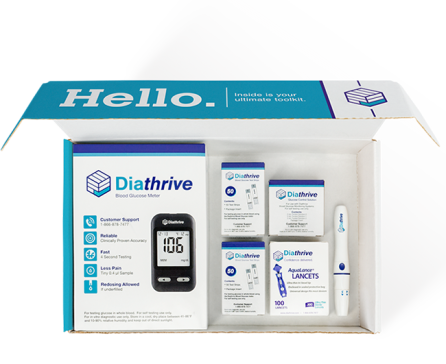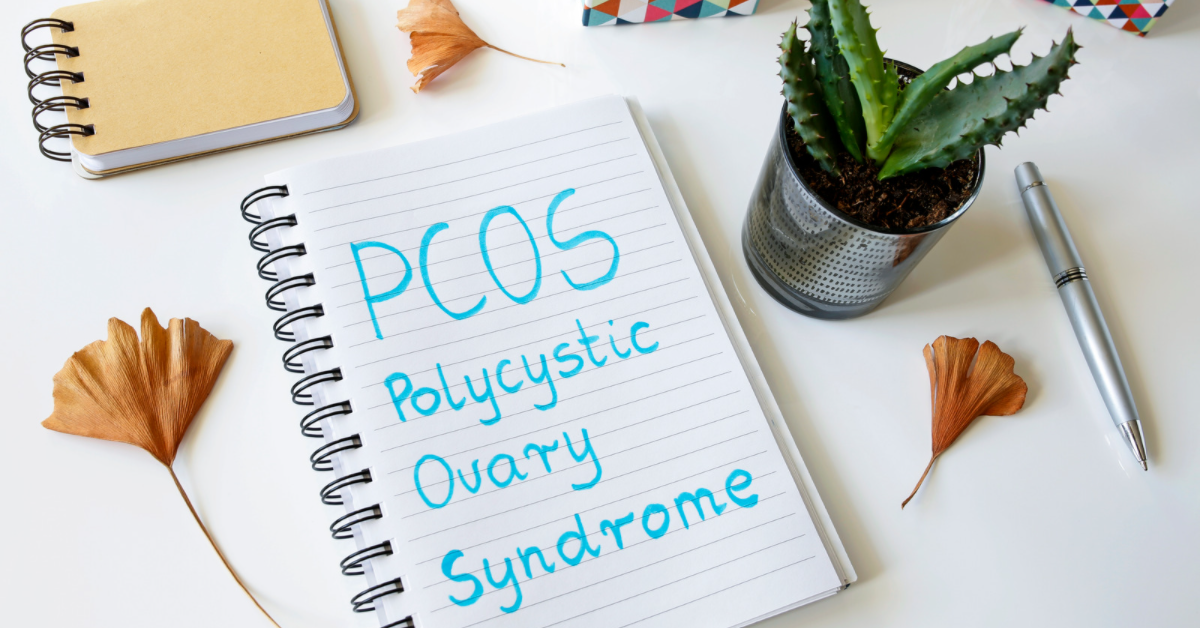
Polycystic Ovarian Disease (PCOS) affects approximately 5 million women in the United States. It is a common cause of female infertility but goes beyond that concern. It also is commonly associated with insulin resistance and 50% of women with PCOS develop type 2 diabetes before they reach 40 years of age.
Contributing factors to having PCOS are family history, being overweight and high levels of androgens. The predominant androgen is the male hormone testosterone. High levels in women can lead to thinning scalp hair, excess hair growth on the face, acne and irregular periods.
How is PCOS Diagnosed?
It is challenging to diagnose PCOS as there is no real definitive diagnosis, but a cluster of symptoms. These can include: irregular or lack of menstrual periods; facial hair growth and thinning hair, acne and oily skin and multiple cysts on your ovaries. You may also see darkening of the skin around the neck, breasts, groin area which is called acanthosis nigricans. A blood test to determine androgen excess may also be done. With an ultrasound, your health care provider may also check the lining of your uterus for thickening, or your kidneys for possible cysts.
What Can I Do to Prevent PCOS?
PCOS can often be prevented with lifestyle changes we hear about a lot in diabetes care.
- Eating healthfully: lots of vegetables, fresh fruit, whole grains and lean meats.
- Regular exercise: start or continue a regular exercise program. You choose which one, just make a choice. For example, daily walks with your dog, biking with your family, taking a hike, dancing, swimming, hitting the gym. Just move for 30 or minutes more each day. Not really a lot to ask considering the 24-hour day! Having trouble getting started? Here are some ideas for 5 Excercises You Can Do At Home Today.
- Weight management: although women who are of normal weight can develop PCOS it is less common. Weight loss of even 5 % of your body weight if you are overweight can help. If you weigh 200 pounds, a drop of 10 pounds may reduce your risk or lessen the symptoms.
How is PCOS Treated?
Lifestyle changes as mentioned above. In addition, hormonal birth control pills, skin patches, shots etc. can help to restore regular periods. Talk with your doctor about the options.
Metformin is a drug that has been used frequently with PCOS. It helps to lower insulin resistance and can also help to reduce weight.
There are drugs specific to the symptoms of PCOS as well. For example, medications that help reduce facial hair, and those that enhance weight loss efforts.
What Medical Conditions are Connected with PCOS?
PCOS raises the risk of:
- Developing type 2 diabetes
- Elevated blood pressure
- Elevated blood fats, like cholesterol
- Sleep apnea
- Infertility
- Depression and anxiety
Conclusion
If you are having symptoms of PCOS – see your health care provider for an assessment. Lifestyle changes as well as medication may help you feel more like the person you want to be and lessen or eliminate the symptoms associated with PCOS.


